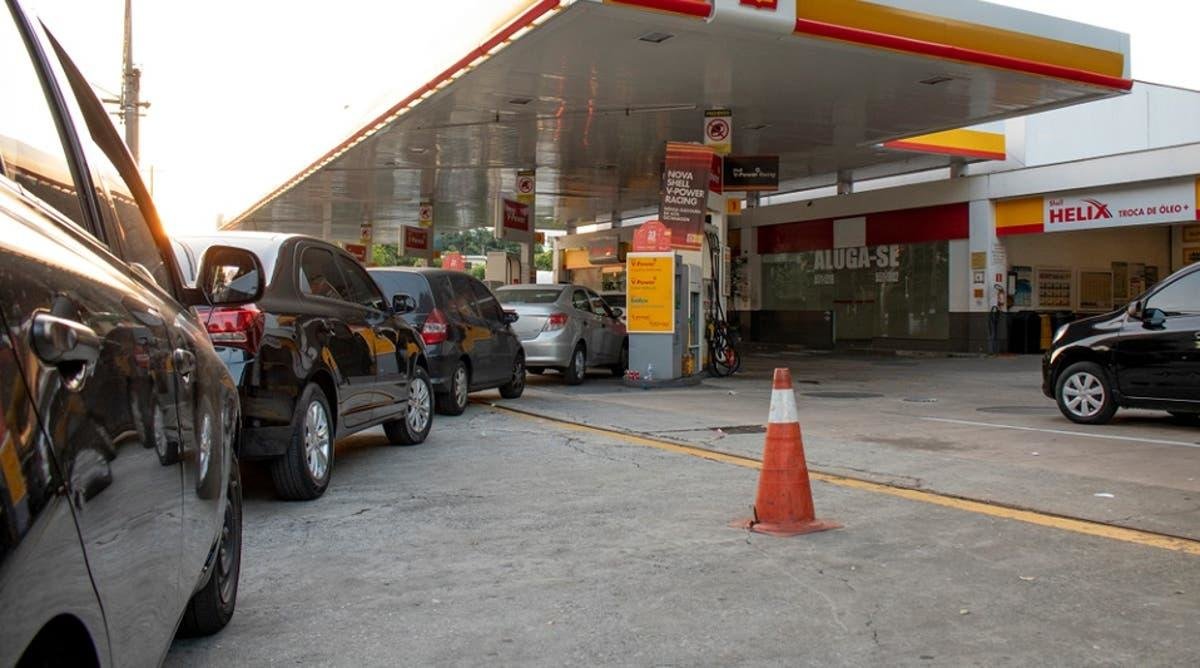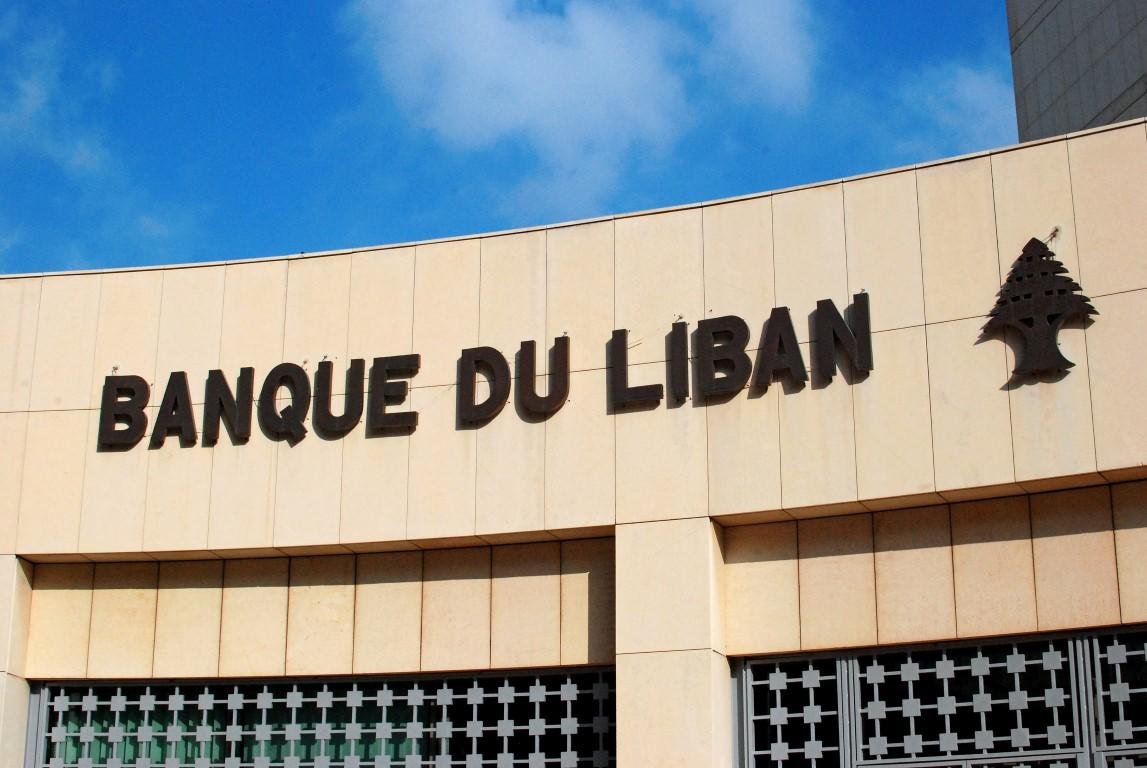
How hoarding and smuggling are hurting Lebanon's pharma sector
Hoarding and smuggling are two words that have entered into daily conversations in Lebanon, with increasing talk of the imminent removal of subsidies on basic commodities due to the decline in the country's foreign currency assets.
The subsidised goods include petrol and diesel, which caused congestion in front of petrol stations and resulted in rationing the distribution of fuel due to the scarcity of supply.
However, a more serious issue to which the consumer is being exposed is the scarcity of medicines in pharmacies across the nation, after citizens rushed to buy medicines amid rationing of the distribution of drugs by importers.
The central bank's foreign currency assets, excluding Lebanese Eurobonds, stood at $20.9 billion at the end of September, down 10.8 percent in a month and 33.8 percent so far in 2020.
The decline is largely due to the financing of imports of hydrocarbons, wheat, medicine, medical equipment, a basket of more than 300 food and non-food items, and raw materials for agriculture and industry.

Riad Salame, the governor of Lebanon’s central bank, announced last month that the strategic reserve threshold of $17.5 billion is about to be reached. Since the Central Bank made this announcement, pharmaceutical companies in Lebanon have been rationing the distribution of drugs among pharmacies.
With their stocks dwindling, pharmacies in many areas are now refusing to receive customers due to a lack of stock to meet demand on certain days. Pharmacies continue to be besieged by customers who fear both a shortage of stocks and a surge in prices if subsidies run out.
Empty shelves have became familiar in pharmacies as the monthly supply of medicines ran out in 10 days, according to the Syndicate of Pharmacists.
A pharmacy owner in the Zaytouna area, Beirut, told Arabian Business: “The reason behind the shortage of drugs is that people have been hoarding drugs since more than a month in preparation for the end of the subsidy," adding that the smuggling of drugs outside Lebanon had added to the crisis.
In recent days, the Internal Security Forces inspection detachment at Beirut International Airport has announced the seizure of large quantities of drugs smuggled with a number of travellers.

The stocks of many pharmaceutical companies today are “barely enough to last for a month and a half", according to the Syndicate of Pharmacists which warned that lifting the subsidy would mean raising the prices of drugs six-fold.
Another pharmacist in Gemmayzeh, Beirut told Arabian Business that “the importing companies are waiting for the subsidy to be lifted to sell the drugs at the new prices in order to make an illicit profit".
He said there had been a rush to buy drugs intended for chronic diseases such as heart, blood pressure and diabetes, in addition to painkillers and vitamins.
Karim Jbara, the head of Pharmaceuticals Importers Association, said that the Lebanese had started to stockpile medicine at home when they learned that the central bank would cease subsidies and the shortage is "a result of panic buying".
Given the estimated 55 percent of the population now living below the poverty line amid a crippling economic and political crisis, lifting subsidies would be catastrophic, many analysts believe.











